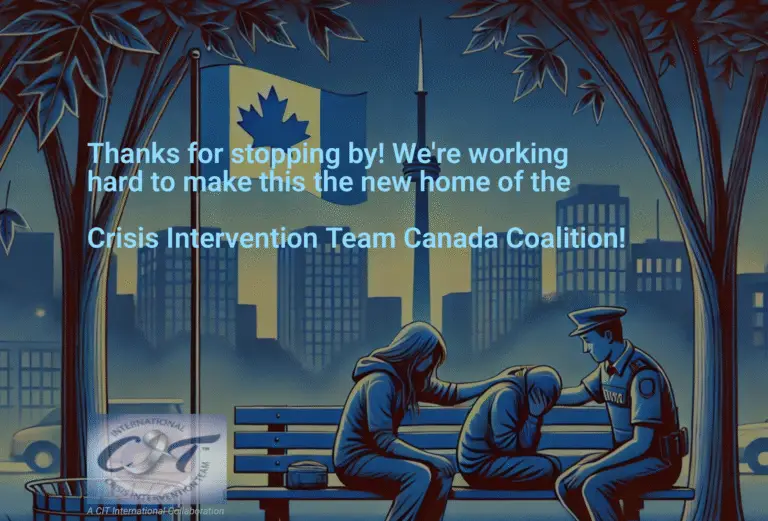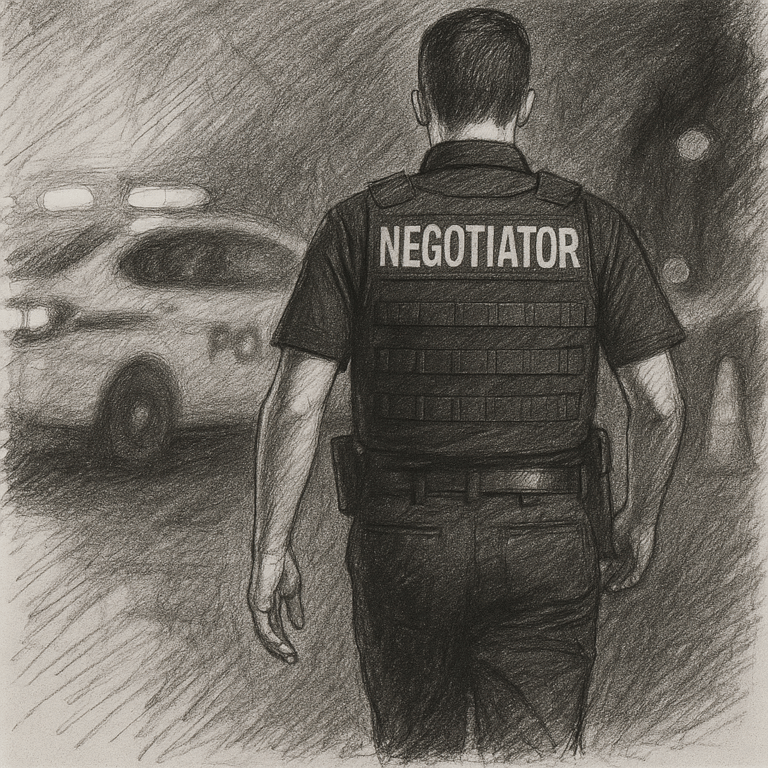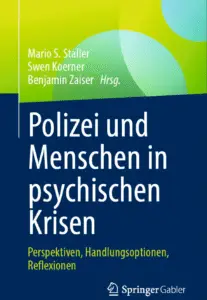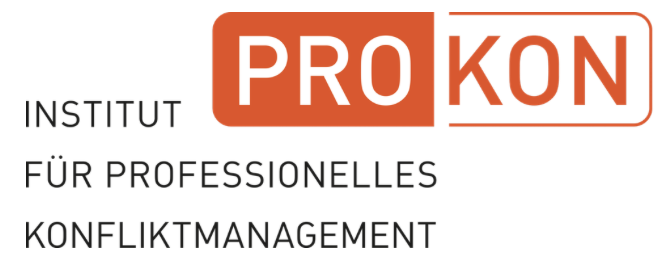Hi! I’m Benni Zaiser.
Welcome, and thanks for stopping by!
My research focuses on the intersection between cognition and communication, translating scientific insights into practice through evidence-informed training, policy development, and procedural design.
I aim to foster impact across individual, organizational, and systemic levels, enhancing decision-making, communication, and safety in critical situations.
Updates
Pre-Print Release: The Trouble with Hooks & Triggers
Their intuitive appeal and ease of use have made Hooks & Triggers a staple in de-escalation and crisis negotiation training.
Yet simplicity can be dangerous. Inspired by observations on the front lines, this paper exposes where Hooks & Triggers fall short and how good intentions can still escalate conflict.
It also offers insight into how ill-informed strategies like Hooks & Triggers so easily assume and maintain “best-practice” status.
The paper has been accepted for publication as a Practice Guidelines article with the Journal of Community Safety and Well-Being and is currently going through copy-editing.
Curious to hear comments, concerns, thoughts, or questions!
connect [at] bennizaiser.com
Powered By EmbedPress
iBEAR (integrated Behavioral Emergency Assessment and Response)
Created by practitioners, for practitioners:
The iBEAR model is all about making sense of real-life behavioural emergencies.
It’s rooted in solid evidence but built for the real world, simple to learn, easy to use, and flexible enough for whatever the call throws at you.
Whether you’re dealing with an acute crisis or a challenging but non-crisis behaviour, iBEAR gives you a clear path forward.
It’s a practical tool to help first responders feel more prepared, more confident, and better equipped to handle high-stakes situations with calm and clarity.
Powered By EmbedPress
New Book (GER): Polizei und Menschen in Psychischen Krisen
Student Supervision: Bachelor, Master, and Doctoral Theses
My approach to supervision is collaborative, flexible, and grounded in real-world relevance. Correspondingly, I am looking for students who want to produce work that not only meets academic standards but also has practical impact in frontline settings.
Whether you're pursuing a Master's or PhD and looking for guidance on concept development, methodology, or translating findings into field-ready tools, feel free to get in touch. I welcome students from diverse academic backgrounds, including psychology, criminology, policing, social work, public health, and related disciplines.
Shoot me an email at connect [at] bennizaiser.com !
CIT Canada is Coming
For over a year, the CIT Canada Coalition, a diverse network of professionals from law enforcement, allied health, advocacy, and research, has been coming together to share ideas, exchange best practices, and push crisis response forward across systems and sectors.
We’re working hard behind the scenes to build the infrastructure that will support this national effort, including this very domain: CITCanada.org.
The vision is bold. The momentum is real.
Stay tuned!

BOOKS

THE PROBLEM WITH “HOOKS AND TRIGGERS” (Part 2/3)
Why Non-Evidence-Based Solutions Persist Key Takeaways Building on the concerns about the practical and conceptual limitations of Hooks and Triggers raised in “Part I: Why Intuitive Doesn’t Mean Effective”, this post explores the deeper, psychological forces that explain why the approach (and other non-evidence-based methods) persists in the first place.

THE PROBLEM WITH “HOOKS AND TRIGGERS” (Part 1/3)
Why Intuitive Doesn’t Mean Effective Key Takeaways This is the first of two posts that break down my critical review of Hooks and Triggers as an approach to crisis intervention, crisis negotiaiton, and de-escalation in law enforcement contexts. The corresponding, peer-reviewed paper has been accepted as a Practice Guideline article by the

The Empathy Paradox
When the illusion of understanding breeds bias We connect with others most easily when we share. We use empathy to build common ground from shared experiences and often a shared identity, which, in turn, makes it easier to empathize even more deeply. But here’s the paradox: the more we have
危机干预和自杀预防词汇
Gain access to an ever-expanding and weekly curated collection of Mandarin vocabulary tailored to crisis intervention, suicide prevention, and policing.
These decks are downloadable as Anki/.apkg files, ensuring you have the resources to study effectively. Vocabulary additions are informed by real-life service calls encountered by my crisis intervention team, as well as the latest research findings.
Research partners






Strategic Partners
What others say











